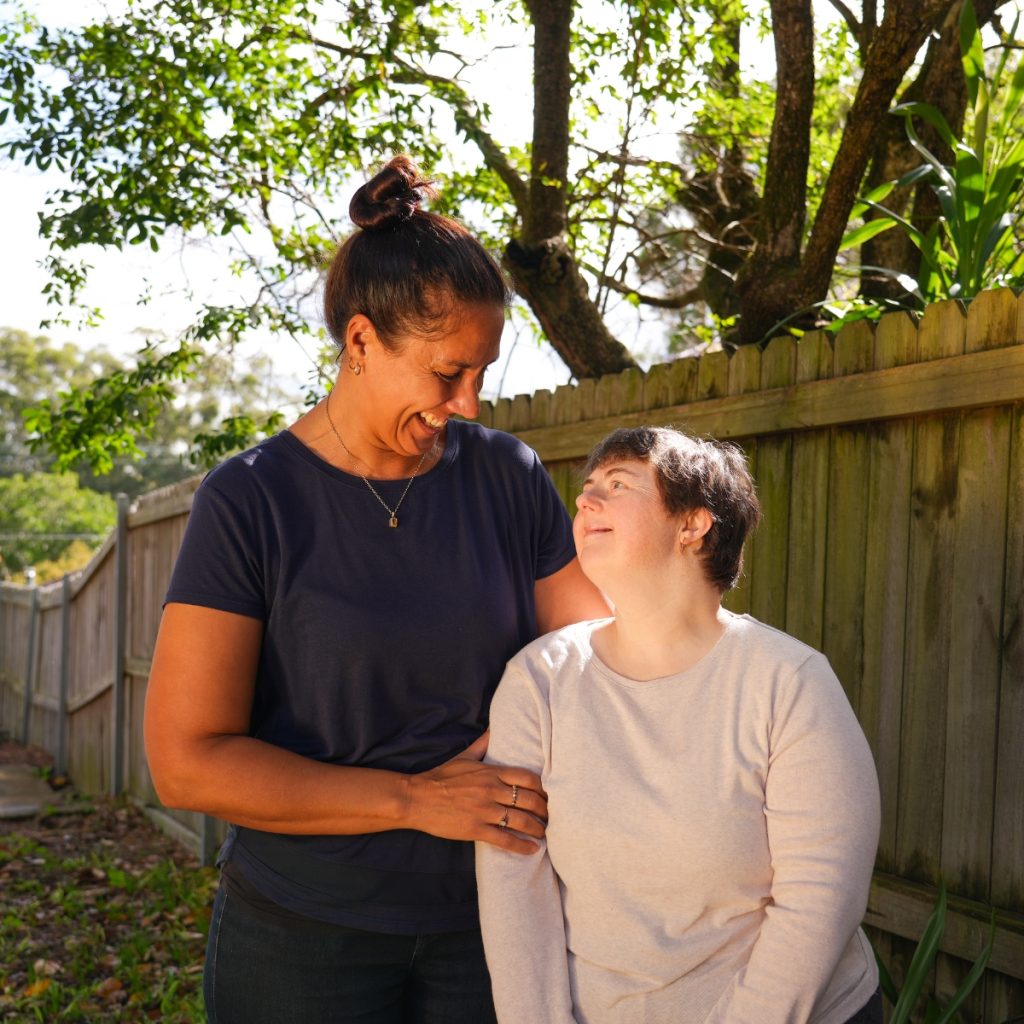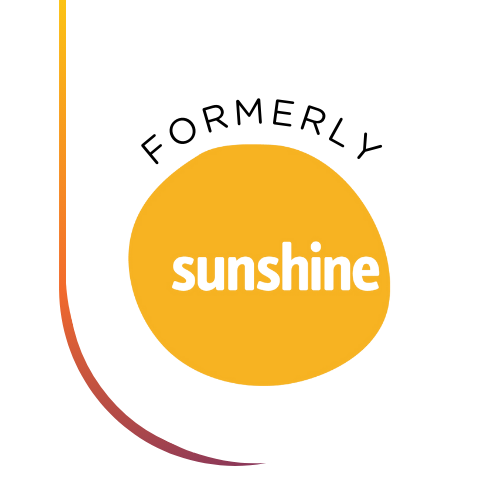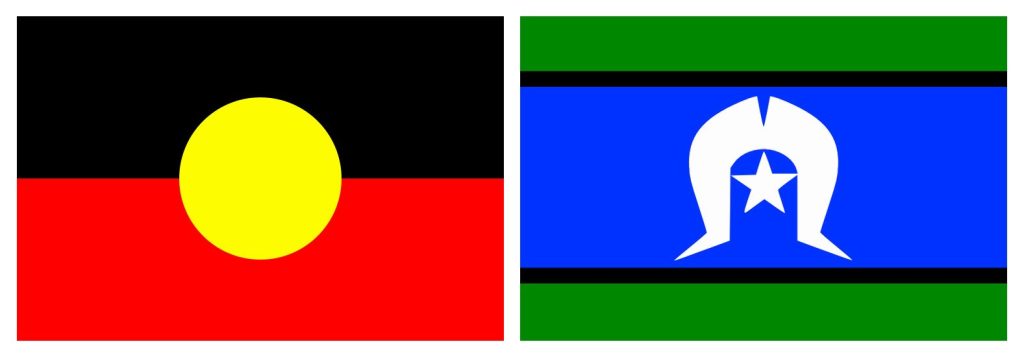Today on International Women’s Day we celebrate our founder and visionary educator, Dr. Lorna Hodgkinson.
Unisson’s roots lie in the solid foundations Lorna laid back in 1924, providing support to children with intellectual disability in a privately operated residential school in Sydney’s northern suburbs.
Lorna Hodgkinson was ahead of her time. She was a highly educated single woman in a society which was uncomfortable with female leadership, uncomfortable with female education and skeptical of her plans for creating meaning and value in the lives of people with intellectual disabilities.
Today, Unisson is a thriving, modern organisation supporting hundreds of people with disability; a community where every person is welcomed; with a predominantly female workforce which is diverse and dynamic; offering pathways and opportunities that complement women’s working requirements over the course of their careers, particularly while raising young families.
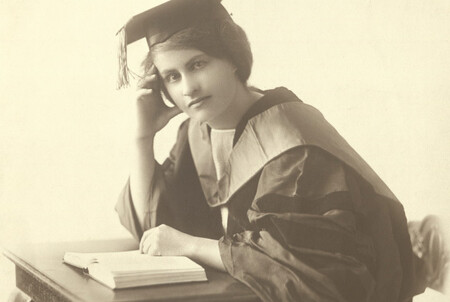
Determination in an era that lacked vision and understanding.
Born in 1887, Lorna Hodgkinson’s education and career was remarkable for her era. In 1903 she began working as student teacher in Perth and, after identifying a need within the community, she went on to establish a class for children with intellectual disabilities. Moving to Sydney in 1915, Lorna continued to teach in the public school system and in 1917 she began educating girls with intellectual disability who were wards of the State.
Wishing to continue her own education with a view to increasing her capacity to assist to people with disability, Lorna was granted paid leave by the education department in 1920 to study at Harvard University in Massachusetts USA, where she received a Master of Education degree in 1921 and a Doctor of Education degree in 1922. Her doctoral thesis was titled “A State Program for the Diagnosis and Treatment of Atypical Children in Public School Systems” and she became the first woman to receive a Doctor of Education degree at Harvard.
Now a highly qualified educator and educational psychologist, Lorna firmly believed that people with an intellectual disability should be supported to live meaningful lives and not be confined to hospitals for the mentally ill. Her views were in conflict with government policy at the time and as a result, the government of the day went so far as to discredit her both professionally and personally.
Despite the criticism and the lack of government support, Lorna forged ahead privately. Initially, she rented a house in Sydney’s north for a few students and subsequently purchased land at Gore Hill to expand her residential school. The Sunshine Institute, as it was known, grew to accommodate an increasing number of private clients and Lorna established her reputation as a true visionary and leader in the field of disability education and support, which was documented through interviews on radio and in newspapers.
Before her death in 1951, Lorna converted her institution to a not-for-profit organisation with a board of trustees, enabling her to bequeath her estate for the benefit of those she worked lifelong to understand and assist. By then supporting around 60 residential clients, the Sunshine Institute was renamed the Lorna Hodgkinson Sunshine Home. The organisation continued to grow, staying true to Lorna’s vision and inclusive philosophy of supporting and caring for people as individuals.
From the late 1970s Sunshine began to look for ways to move away from institutional living, and over the next 20 years, purchased a number of units and freestanding homes to support group living within a community environment. In the early 2000s, the Gore Hill site was sold to further fund this process. Sunshine’s services expanded across Sydney and up to the Central Coast and Hunter regions, and today we support hundreds of adults with disability to live meaningful lives and build connections within their communities.
A new name but the same strong values.
In 2017, Sunshine was rebranded to Unisson Disability, which more accurately reflects our role of supporting people with disability through an inclusive approach which values and respects everybody equally.
With a workforce of over 800 people, Unisson recognises the importance of our people in providing high quality support to members of our community. In a sector that has traditionally attracted more women than men, our workforce comprises 80.4% women, made up of a significant proportion of casual and part-time workers as we recognise the need to provide flexible working opportunities for frontline staff, particularly those with young families.
As a result of the pandemic, this flexibility has now been extended to include our wider office-based workforce, enabling staff to work from home, manage school and childcare pickups more easily, and even work remotely from another region or interstate when lifestyle changes are desirable.
Lorna Hodgkinson’s vision and the values she lived by remain with us as we approach our 100-year anniversary in 2024. Like Lorna, our purpose is to create possibilities for a great life for people with disability in a world where every person is welcomed.
Today we take a moment to celebrate International Women’s Day and to recognise the extraordinary vision of our founder, Lorna Hodgkinson, who had the courage, through ingenuity and education, to turn that vision into reality.


